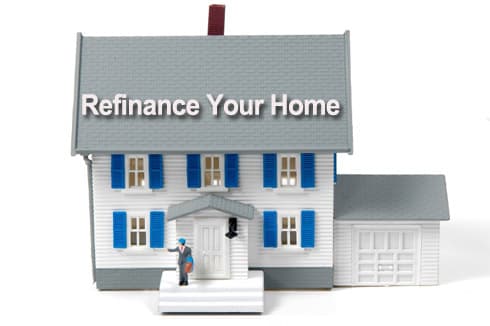- Points paid increases the effective interest rate.
- Shortening the term slashes the overall cost.
- Closing costs boost the cost of a refinance.
Is There a Difference Between Refinancing and Making Extra Mortgage Payments?
Knowing whether prepayment or refinancing is best for you will depend a lot on your personal mortgage situation. There are three aspects of your mortgage you need to consider to learn if a refinance or prepayment is the right option:
Points Paid
If you paid points originally on your mortgage, then prepayment will raise your effective interest rate.
Change the Term
Refinancing can significantly lower your term length. If this is your goal the result could be a much increased savings over prepayment. Of course, your monthly payments will also increase when you shorten your term.
Count on Closing
Unlike prepayment, a refinance comes with a variety of closing costs. These should also be added with a refinance to determine which is best for you. Typically, the longer you expect to stay in your home, the more sense it makes to refinance.
With extremely low interest rates and a variety of options for homeowners with a high LTV (loan-to value) ratio, finding a refinance is not as hard as you might think. Unlike prepayment however, it will take extra time to organize as well as a lot more paperwork. Making the right choice will depend on how much you are looking to save in the long run.
